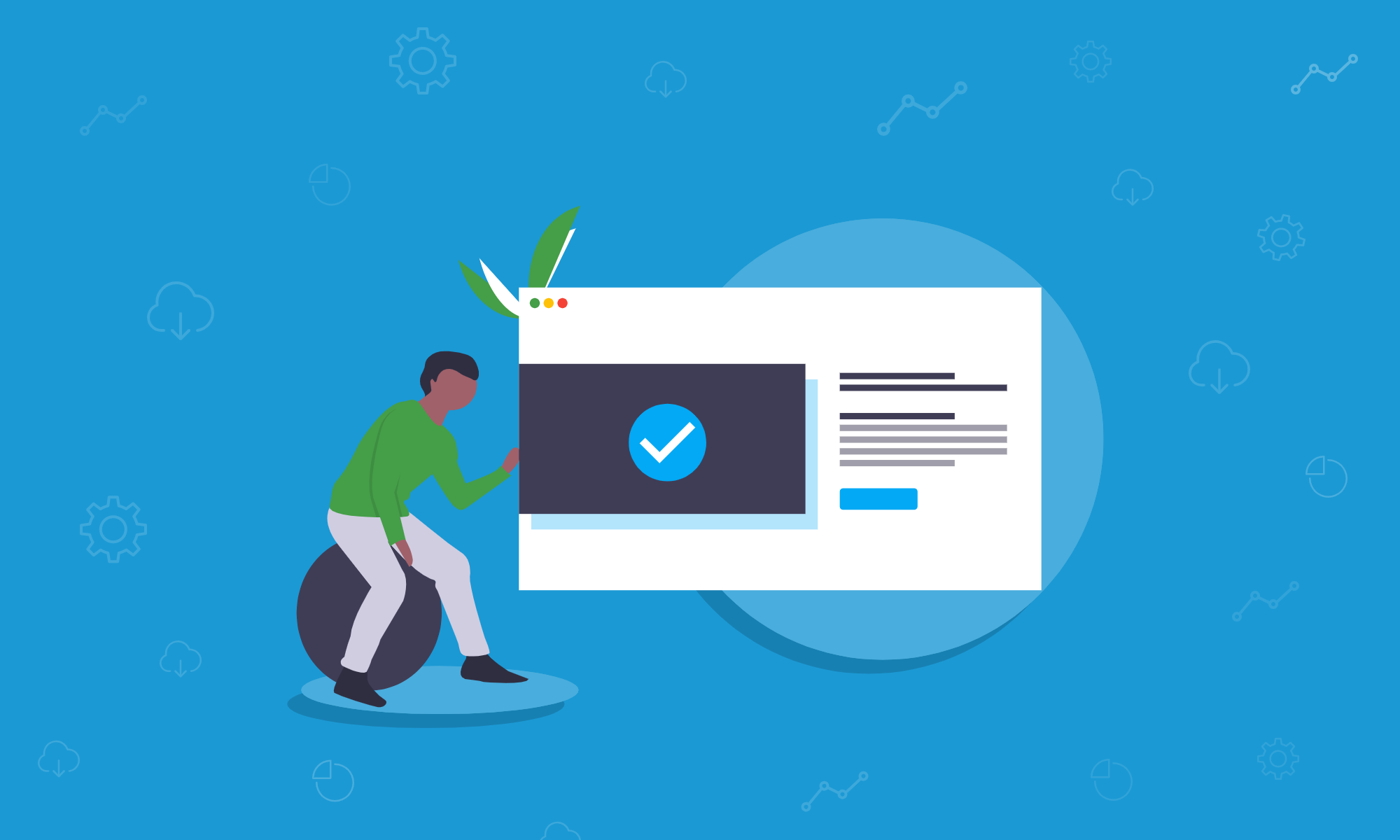There’s always lots to do and plan when you’re running a business, but taking care of your tax return shouldn’t be near the end of the list. That’s right – we said it – the Self Assessment deadline is never more than 12 months away, so getting your finances records ready will help. It’s a bit of a dampener on anyone’s mood but unfortunately, it’s not going anywhere and you need to prepare for it.
When is the Self Assessment tax return deadline?
The deadline for filing Self Assessment and paying what you owe is January 31st, after the tax year that it relates to.
However, we would 100% recommend not waiting until the day to file. Anything can go wrong and thousands of other people are trying to do the same. The best time to do it is before the New Year. It’s best to get it out of the way as soon as possible. Plus, if you’re due a tax rebate you’ll get it sooner!
Who needs to submit a Self Assessment tax return?
Unsure whether you need to submit Self Assessment? You will need to submit a Self Assessment tax return in January 2022 if you earned any untaxed income (such as from self-employment) from April 2020 to April 2021.
Just remember – the Trading Allowance means you can earn up £1,000 through self-employed activity without needing to submit a Self Assessment tax return.
For example, if you received £800 from self-employment in a tax year, you don’t have to worry. If you made £2,000 on top of employment income you will need to file a tax return.
If you’re unsure about anything, an accountant can give you some advice.
Resources and checklists for completing your Self Assessment tax return
Luckily, there’s no need to join everyone in a scramble around. There are plenty of free resources available to you for more information.
For information on registering and filing tax returns online, you can visit the government’s website.
You can also take a look at some helpful videos from The Accountancy Partnership on deadlines and obligations for sole traders and limited companies.
Get all your documents together
It’s a huge help when you have all your documents and accounting information in one place. Items such as transactions, expenses, VAT details and PAYE documents can easily get misplaced if they’re all kept in different places.
The Self Assessment form asks for lots of information about your income so make sure you have all the details ready.
A great way to keep good records is through cloud accounting software such as Pandle. This keeps everything organised and easy to access and update wherever you are.
Claiming expenses
If you want to reduce your tax bill (who doesn’t?) then you can claim expenses which relate to your business. If you’ve spent any money on running the business, this is an expense. For example, stationery, software, equipment, accounting help and hiring costs – they’re all expenses you can claim for to reduce your tax bill.
If, however, your expenses are lower than £1,000 in the year, you might be better off claiming for the Trading Allowance. This is a tax-free allowance of £1,000 which any self-employed person can claim on top of the personal allowance.
Please note though, if you do claim for the Trading Allowance, you won’t be able to also claim for expenses. If the total amount of your expenses is more than £1,000, then it’s better to claim for these instead, because you’ll see a bigger reduction in your tax bill.
Prepare payment
Ideally, you will have already been saving for your tax bill throughout the year. If not, you might be in for a surprise this January.
Just remember that the deadline for payment is the same as the submission deadline. When you file your Self Assessment return, HMRC will automatically calculate your tax bill, which you must pay by 31st January.
What happens if you miss the Self Assessment deadline?
The world won’t end but you will be out of pocket. Late tax returns incur an automatic £100 penalty. If you act quickly, you can reduce the fines but if you leave it for three months, you’ll be charged £900. If you’re a whole year late, expect to be hit with an additional 15% penalty.
If you have a legitimate excuse for missing the Self Assessment deadline or not paying the full bill, get in touch with HMRC as soon as possible. They may approve your case so that you don’t have to pay penalties, and they will come to an agreement with you to help you pay what you owe.
If you are on the lookout for an easy way to manage business finances on the move, give Pandle a try. Pandle is free cloud accounting software that’s simple to use no matter your level of bookkeeping experience.
